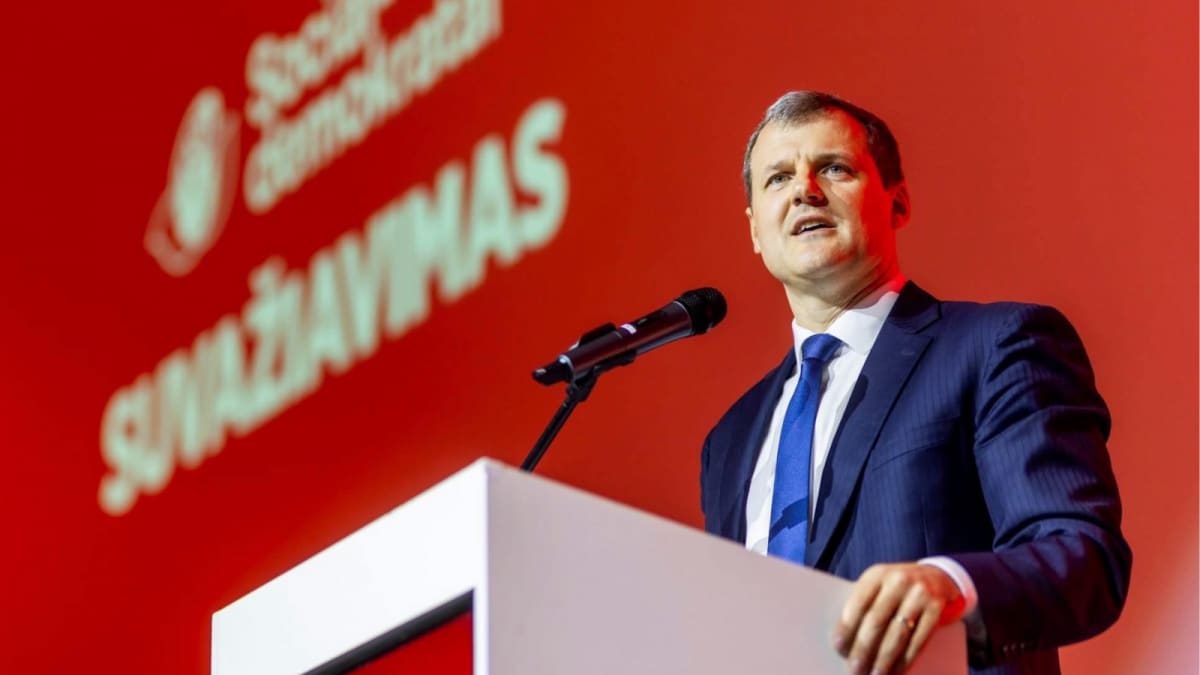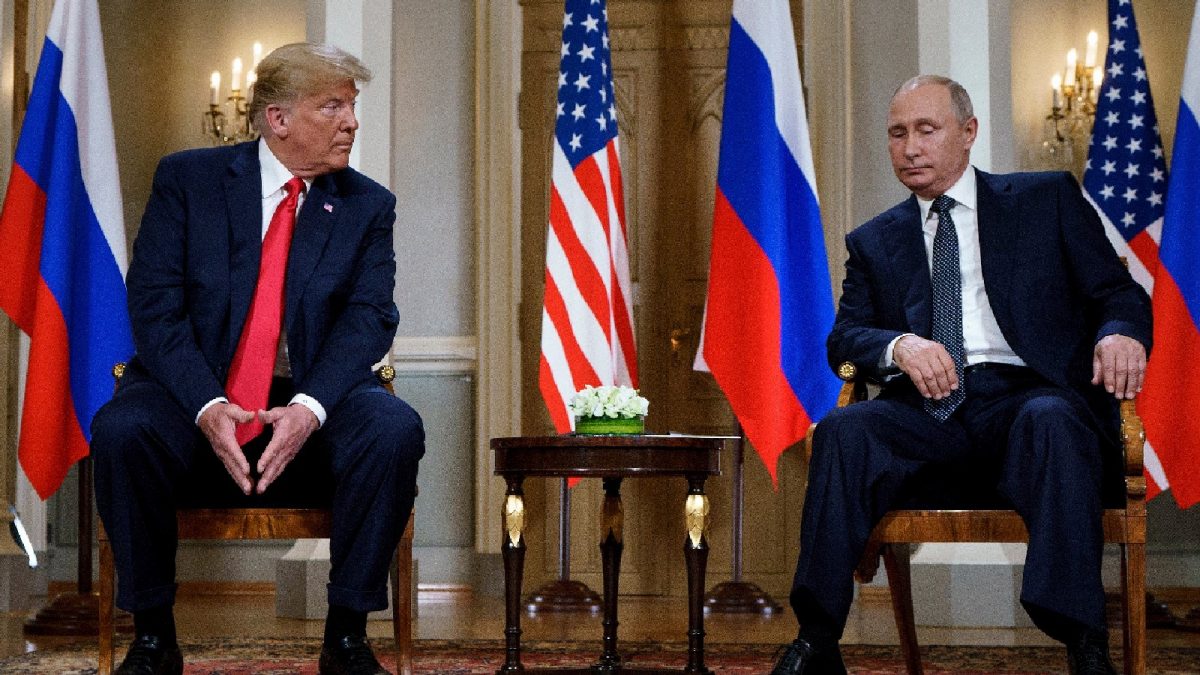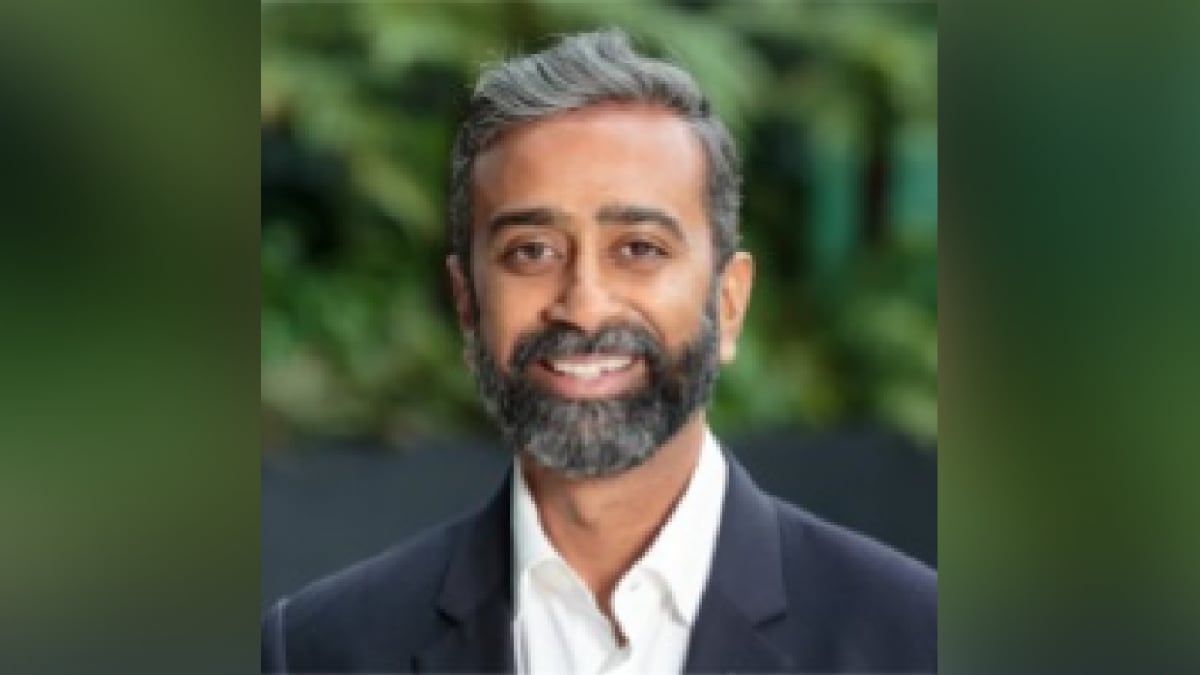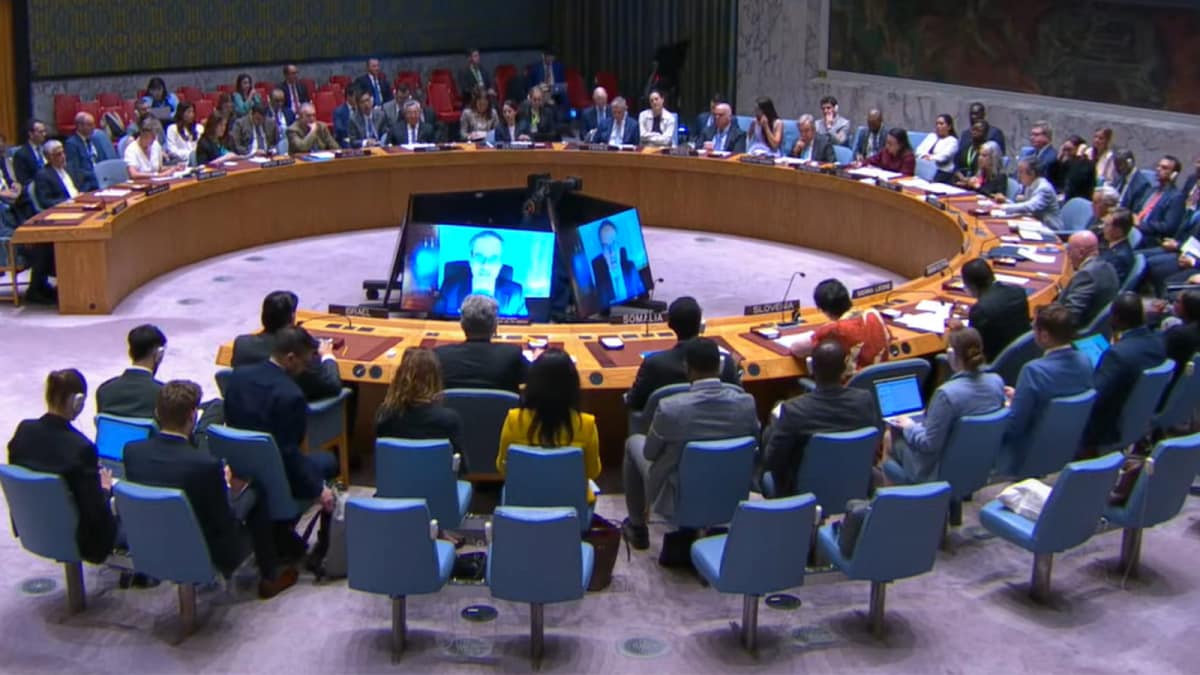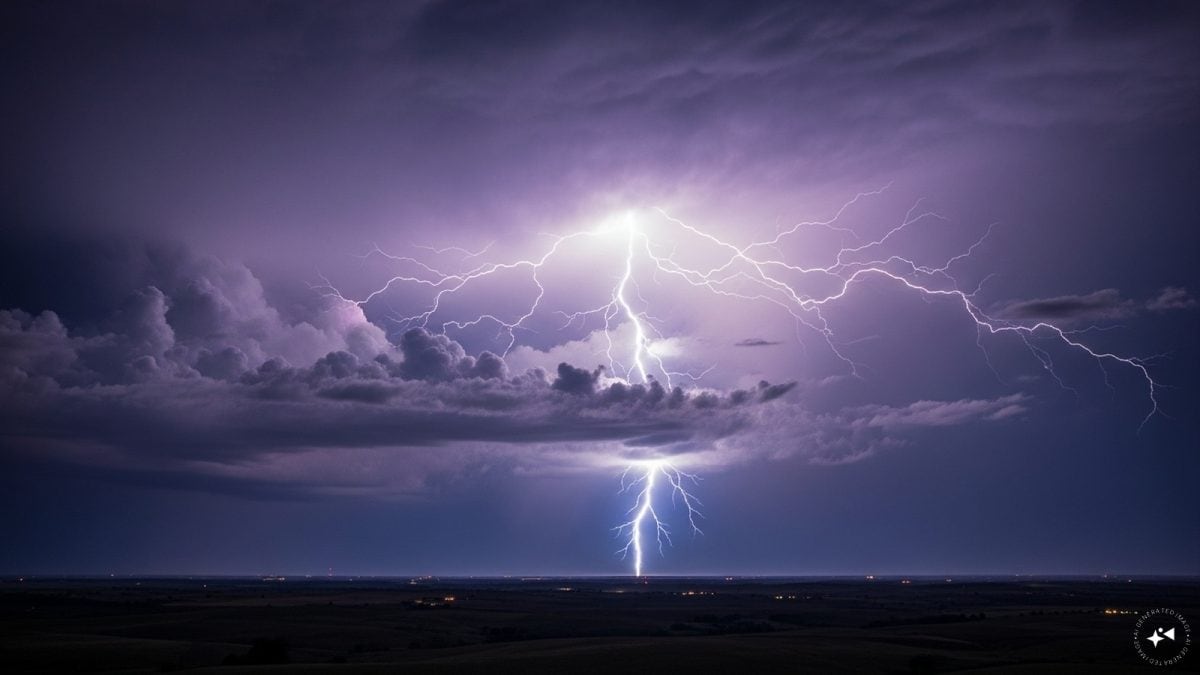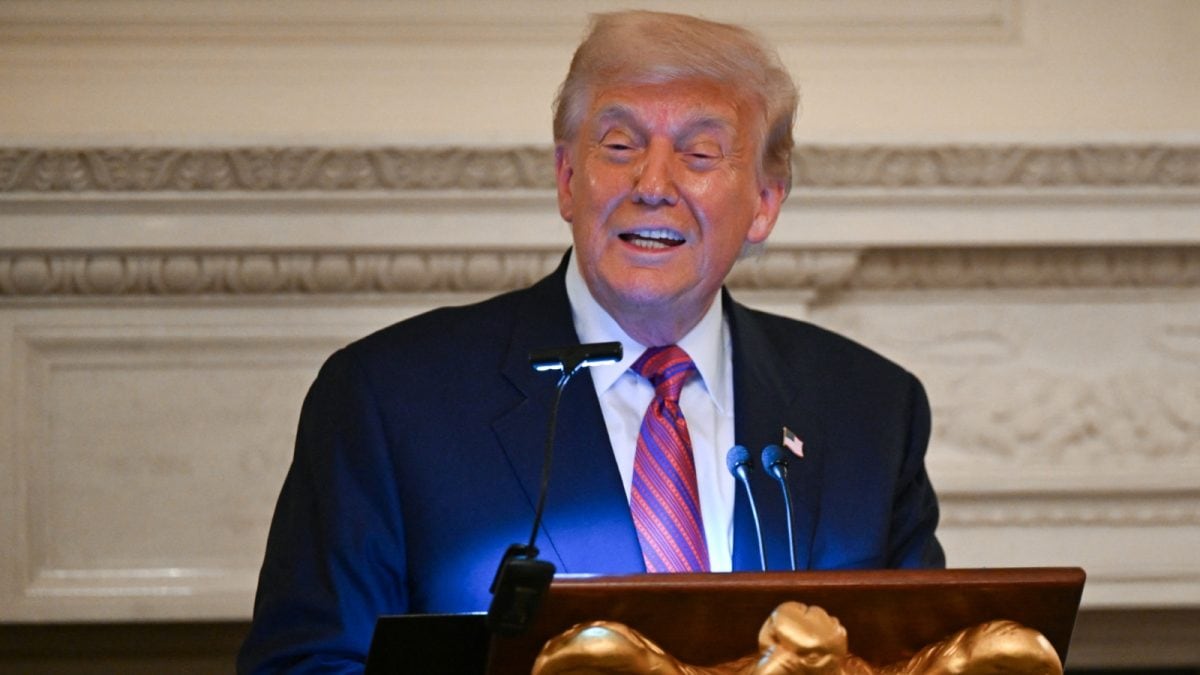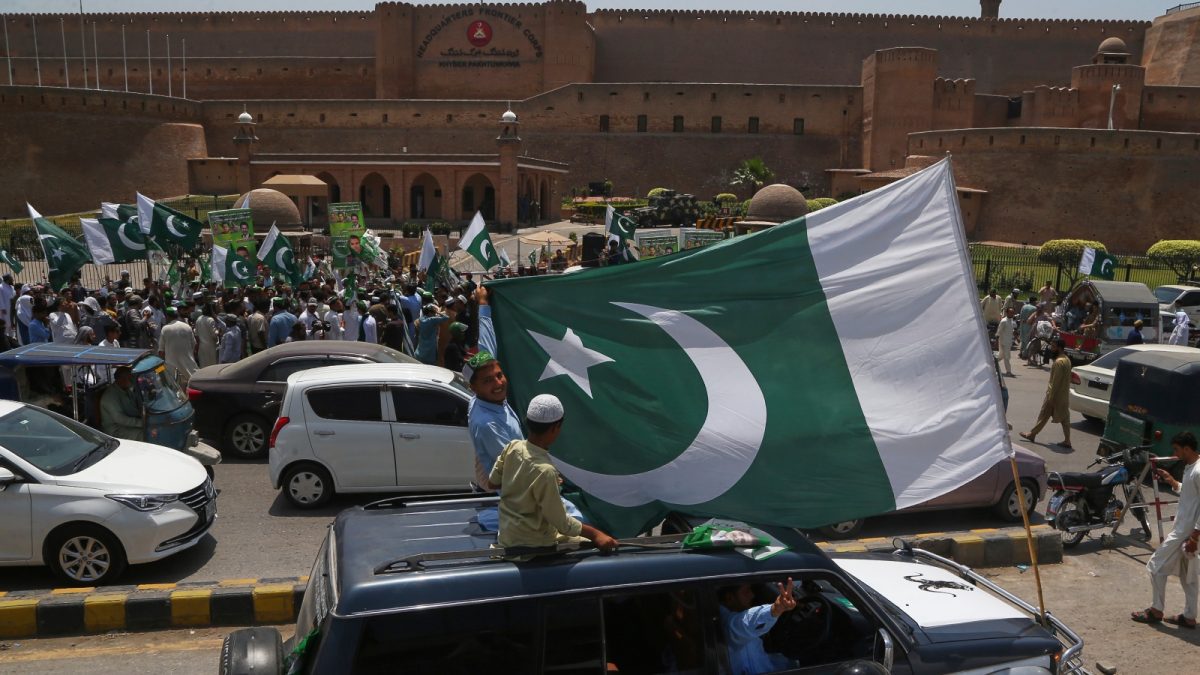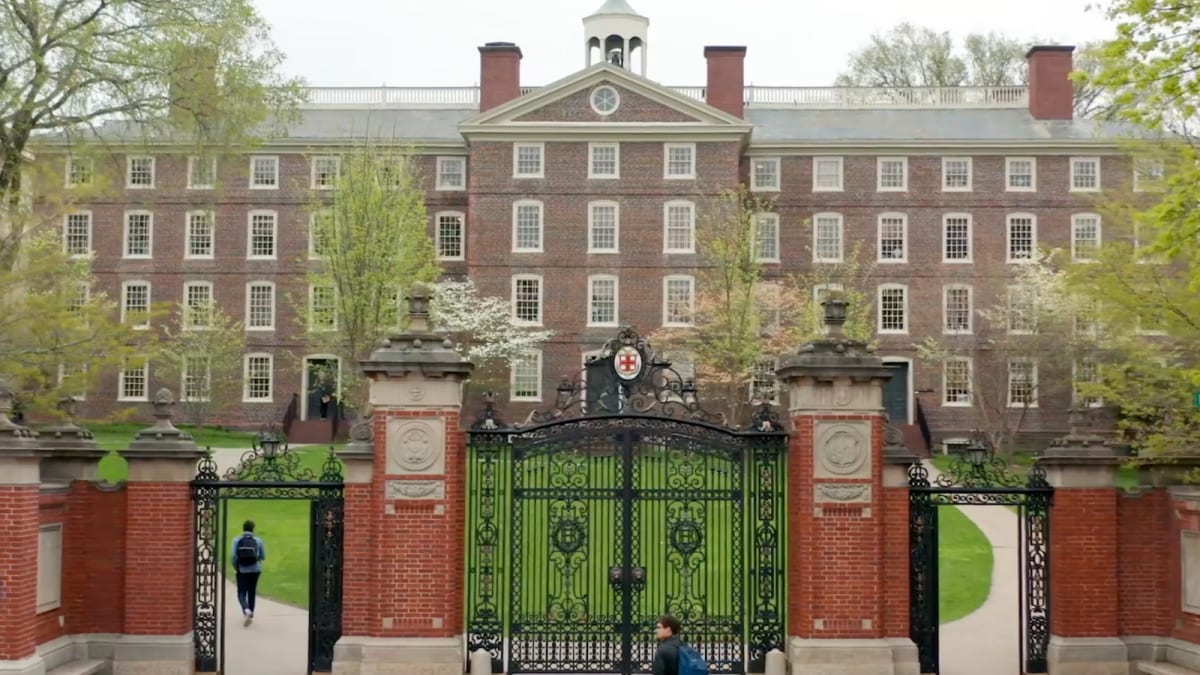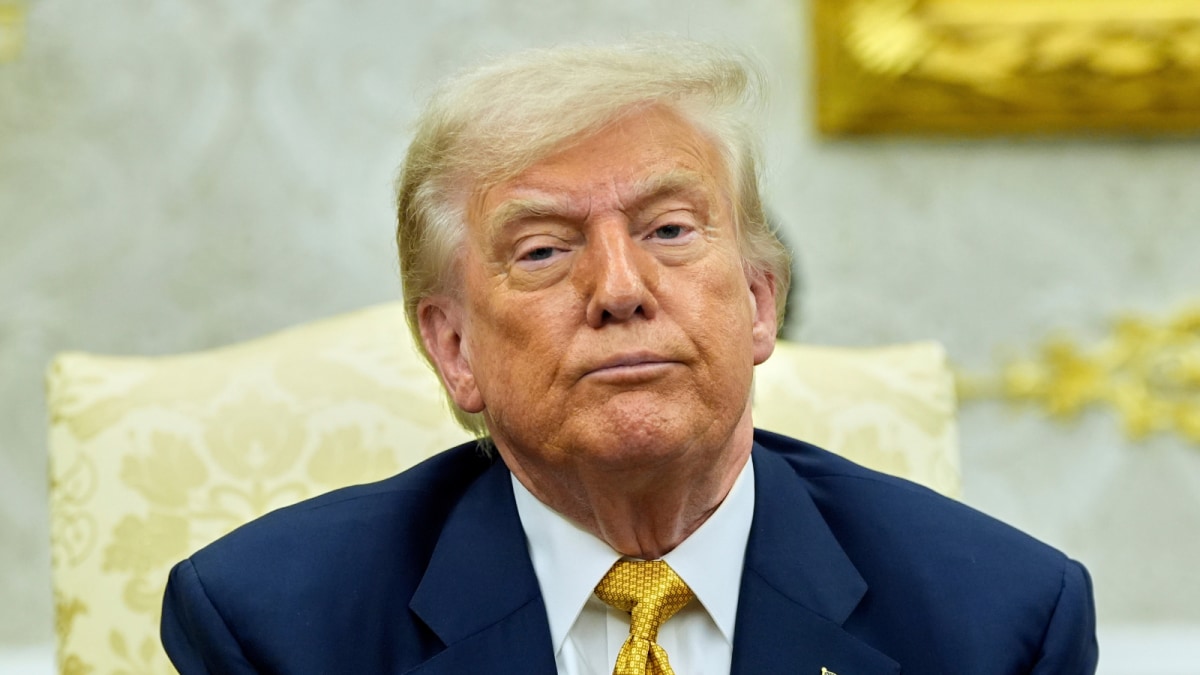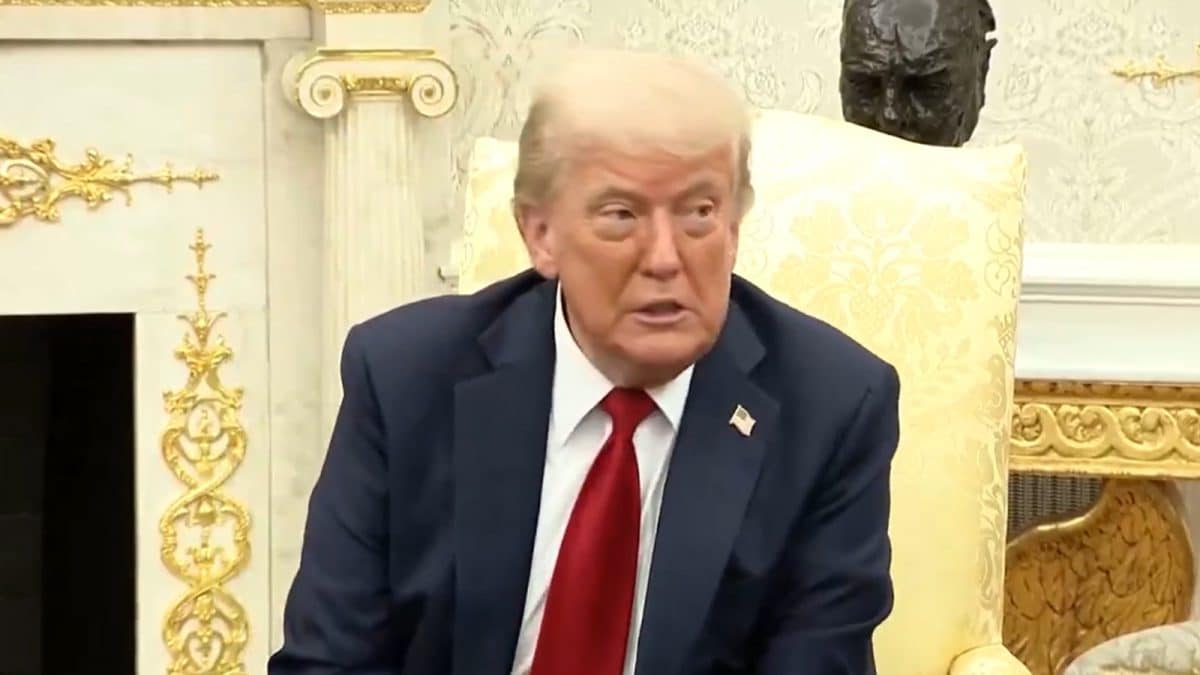Last Updated:June 02, 2025, 13:26 IST
Despite the diplomatic overtures at a neutral negotiating table, hope for peace remains fragile as both Russia and Ukraine continue to square off in the battlefield

While the resumption of direct talks between Russia and Ukraine offers a glimmer of hope, the substantial differences between the two nations pose significant challenges. (AFP)
In a city that has long bridged continents and empires, a new kind of high-stakes diplomacy is set to unfold. On Monday, Russian and Ukrainian officials will meet face-to-face in Istanbul for the second round of direct peace talks since the war erupted in 2022 and has gone on to become Europe’s largest conflict since World War II.
Despite the diplomatic overtures at a neutral negotiating table, hope for peace remains fragile as both Russia and Ukraine continue to square off in the battlefield and neither side appears ready to yield.
Monday’s talks come a day after Ukraine carried out one of its most brazen and successful attacks ever on Russian soil—hitting dozens of strategic bombers parked at airbases thousands of kilometres behind the front line.
In Istanbul at the first round of talks last month, both agreed to a large-scale prisoner exchange and to swap notes on what their vision of a peace deal might look like. While Russia says it will present a “memorandum" of its peace terms, Ukrainian President Volodymyr Zelenskyy refreshed his call for an immediate halt to the fighting.
THE ROADBLOCKS
For Ukraine, the absence of Russian President Vladimir Putin from the negotiating table is an unwelcome move.
As Zelenskyy stressed that “key issues can only be resolved by the leaders", Russia has pushed back on the prospect, saying a Putin-Zelenskyy meeting could only happen after the negotiating delegations reach wider “agreements".
According to news agency AFP, Russia’s top negotiator in Istanbul will be Vladimir Medinsky, an ideological Putin aide who led failed talks in 2022, has written school textbooks justifying the invasion and questioned Ukraine’s right to exist. On the other hand, Ukraine’s team will be led by defence minister Rustem Umerov, a skilled and pragmatic negotiator, who has been mired in domestic scandal over alleged abuse of power and a lack of transparency.
Apart from this, one of the biggest hurdles remains the disagreement over territory—as Ukraine demands full restoration of its borders, Russia insists on retaining influence over these areas. Ukraine also seeks strong security assurances, including guarantees against future aggression, often involving Western countries or alliances like NATO. Russia, meanwhile, opposes NATO’s eastward expansion and demands Ukraine remain neutral.
WAR RAGES ON
The dichotomy of the peace talks on one hand and continued military actions on the ground on the other undermines trust and complicates diplomatic efforts.
Ukraine on Sunday said it had damaged some 40 strategic Russian bombers, worth $7 billion, in a major special operation after months of setbacks for Kyiv’s military. Kyiv’s security service said the plan, 18 months in the making, had involved smuggling drones into Russia which were then launched from near the airbases, thousands of kilometres away from the front lines, AFP reported.
Russian troops have meanwhile been advancing on the ground, particularly in the north-eastern Sumy region, where Putin ordered his forces to establish a “buffer zone" along the border. On Monday, Russia claimed that its air defences intercepted 162 Ukrainian drones in a massive overnight attack across several regions. The new wave of drones targeted multiple cities and industrial facilities overnight on June 2, according to Russian Telegram channels. Explosions and air raid sirens were reported in at least six oblasts, including Voronezh, Kursk, Lipetsk, Ryazan, Ivanovo, and Volgograd.
THE TRUMP FACTOR
Trump has demanded that Russia and Ukraine make peace, but so far they have not, and the White House has repeatedly warned the United States will “walk away" from the war if the two sides are too stubborn to reach a peace deal.
Reuters reported that according to Trump envoy Keith Kellogg, the two sides will present their respective documents outlining their ideas for peace terms, though it is clear that after three years of war Moscow and Kyiv remain far apart. Kellogg has indicated that the US will be involved in the talks and that even representatives from Britain, France and Germany will be too, though it was not clear at what level the United States would be represented.
Trump’s positions on the Russia-Ukraine war have often appeared inconsistent—marked by flip-flops that reflect a blend of personal instincts, political calculation, and shifting geopolitical realities.
For instance, just days before Russia’s full-scale military escalation in February 2022, Trump described Vladimir Putin as “smart," “savvy," and “a genius" for recognising separatist regions in eastern Ukraine. However, as public and international condemnation of Russia grew, Trump began saying that the invasion wouldn’t have happened if he were president.
After months of clashing with Zelenskyy—including on live television—Trump has undergone a shift, slamming Putin for having gone “absolutely crazy" and for “needlessly killing a lot of people" including Ukrainian citizens “for no reason whatsoever." He has warned that “what Vladimir Putin doesn’t realize is that if it weren’t for me, lots of really bad things would have already happened to Russia, and I mean REALLY BAD. He’s playing with fire!"
According to New York Times, Trump told Zelenskyy and other European leaders that Russia and Ukraine would have to resolve the war themselves, just days after saying that only he and Putin had the power to broker a deal. He also seemed to step back from his own threats to join a European pressure campaign that would include new sanctions on Russia, according to six officials who were familiar with the discussion who spoke to NYT— revealing that the US President now stands at a crossroads, unable to broker peace in a conflict he had promised to resolve in “just 24 hours".
WHAT LIES AHEAD?
While the resumption of direct talks between Russia and Ukraine offers a glimmer of hope, the substantial differences between the two nations pose significant challenges. Ukraine’s insistence on sovereignty and territorial integrity contrasts with Russia’s demands, and the involvement of international stakeholders adds layers of complexity to the negotiations.
Given that there is no easy solution to a war, what both Russia and Ukraine could agree to may be a continued military stalemate with high-level diplomatic pressure in the short term and potential for ceasefire agreements if battlefield conditions become unsustainable.
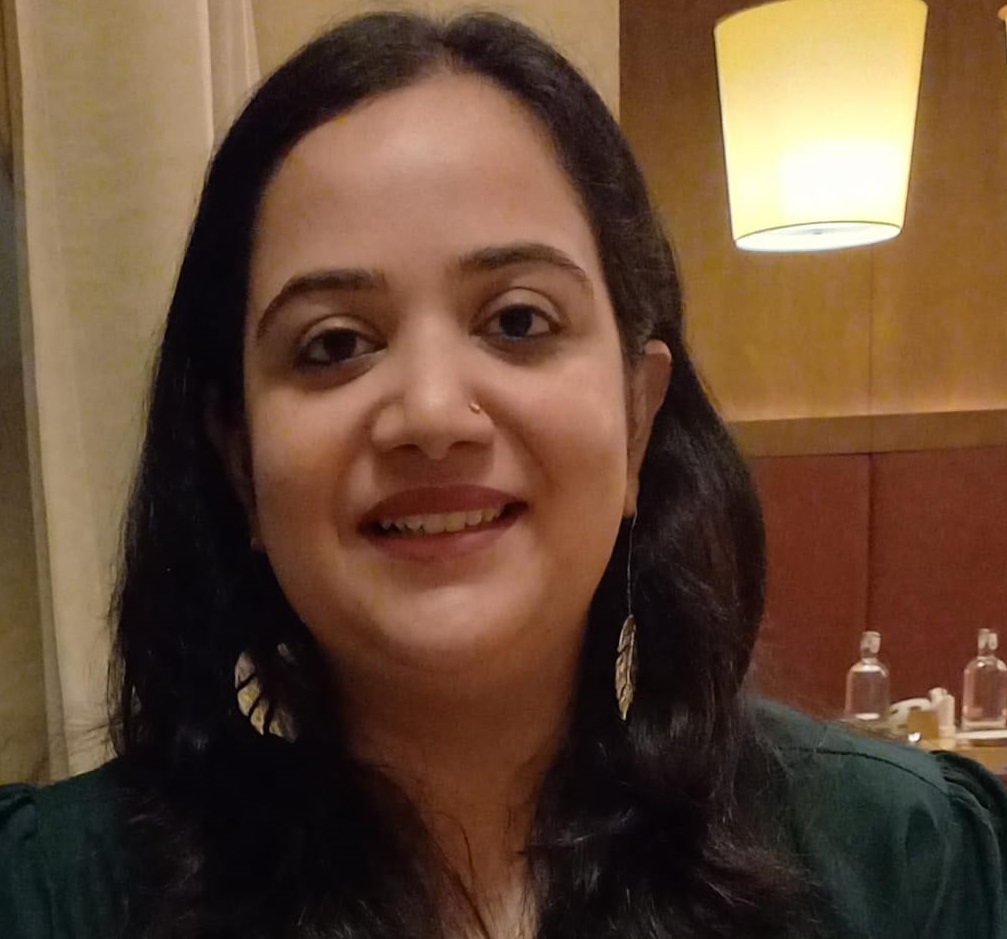
Apoorva Misra is News Editor at News18.com with over nine years of experience. She is a graduate from Delhi University's Lady Shri Ram College and holds a PG Diploma from Asian College of Journalism, Chennai. M...Read More
Apoorva Misra is News Editor at News18.com with over nine years of experience. She is a graduate from Delhi University's Lady Shri Ram College and holds a PG Diploma from Asian College of Journalism, Chennai. M...
Read More
Turkey
First Published:News explainers What Next For Russia, Ukraine? Istanbul Peace Talks Hangs By A Thread Amid Drone Barrage

 1 month ago
1 month ago




